Goals for higher education development by 2030
The Politburo sets a goal that by 2030, Vietnam will strive to achieve many results from primary to university levels.
Specifically, at the university level, building and training human resources, especially high-quality human resources, to meet the requirements of Vietnam becoming a developing country with modern industry and high average income.
The network of higher education and vocational education facilities will be reorganized and upgraded. The target is for 100% of universities and at least 80% of vocational schools to meet national standards, of which 20% of facilities will be invested in modernly on par with developed countries in Asia.
The rate of people of the age group studying at post-secondary levels is 50%, and the rate of people with college or university degrees or higher is 24%.
The rate of students studying basic sciences , engineering and technology must reach at least 35%, including at least 6,000 graduate students and 20,000 students studying in talent programs.
Human capital and research contribute to the global innovation index (GII) on par with upper-middle-income countries.
Along with that, elevate higher education institutions to truly become centers of research, innovation, and entrepreneurship of the country and regions.
The network of higher education institutions plays a core role in the innovation ecosystem of regions and localities, providing high-quality human resources and talents to meet the requirements of key industries and fields; recruiting at least 2,000 excellent lecturers from abroad.
Average increase of 12%/year for the number of international scientific publications, revenue from science, technology, and innovation; 16%/year for the number of patent registrations and patent protection certificates.
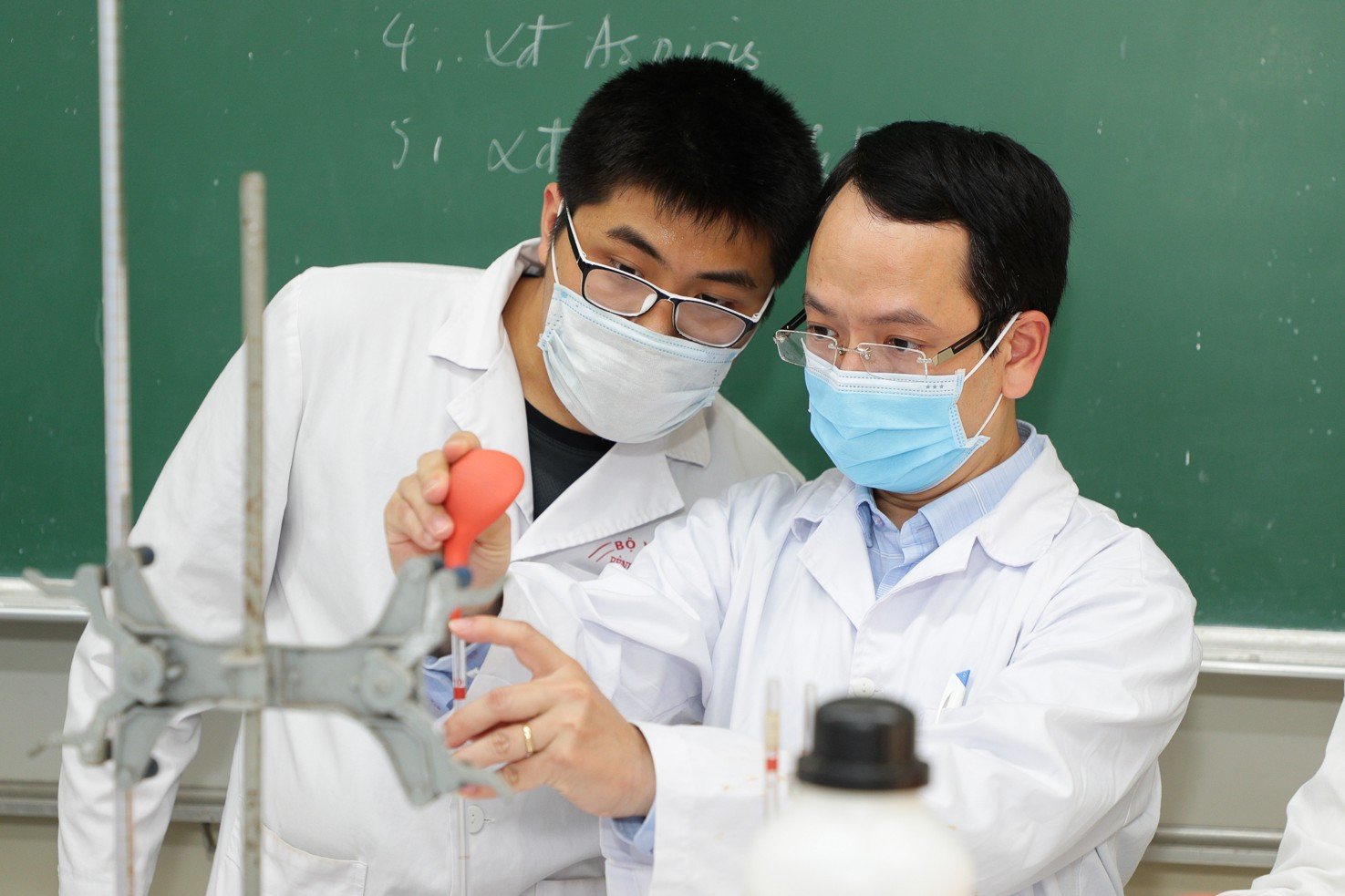
Strive for at least 8 universities to be among the top 200 universities in Asia, and 1 university to be among the top 100 universities in the world in a number of fields according to prestigious international rankings.
Universities will be restructured and dissolved if they do not meet standards.
One of the tasks and solutions identified in the Resolution to realize the guiding viewpoints and goals is to modernize and improve higher education, create breakthroughs in developing highly qualified human resources and talents, and lead research and innovation.
Specifically, urgently build a strategic framework for higher education development. Higher education institutions will be restructured and dissolved if they do not meet standards, and the intermediate level will be eliminated to ensure streamlined and effective management. The Ministry is also studying the merger of research institutes with universities, as well as transferring some schools to local management to improve the effectiveness of human resource training.
The State will invest in modernizing infrastructure, upgrading facilities, laboratories and building excellent training and research centers at key schools. At the same time, it will focus on developing 3-5 elite universities according to international standards to train talents, while prioritizing funding for basic research associated with postgraduate training.

Encourage the planning and construction of high-tech urban areas - universities; strongly promote the development of higher education institutions following the model of innovative universities, new-generation technological universities, becoming the locomotive and core in the innovation ecosystem of the regions; support the effective implementation of State - School - Enterprise cooperation.
Expand training programs and projects, develop the teaching staff, increase support for teachers to study and improve their qualifications domestically and internationally. Build a program to attract excellent teachers from abroad with outstanding incentives.
The training program will be innovated according to international standards, integrating content on data analysis, artificial intelligence, entrepreneurship and innovation. Talent programs and postgraduate training will be expanded, linked to scientific research, priority technology of the 4.0 industrial revolution and key national projects. Training will be linked to research, scientific development, digital transformation and innovation.
The admission reform project will be built in the direction of properly assessing learners’ abilities, unifying input standards and ensuring output quality. Quality management will also be tightened, along with policies to support doctoral training and key fields such as pedagogy, medicine and law.
Source: https://vietnamnet.vn/tuyen-it-nhat-2-000-giang-vien-gioi-tu-nuoc-ngoai-de-dot-pha-giao-duc-2438104.html






![[Photo] Prime Minister Pham Minh Chinh chairs meeting on nuclear power plant construction](https://vphoto.vietnam.vn/thumb/1200x675/vietnam/resource/IMAGE/2025/10/22/1761137852450_dsc-9299-jpg.webp)




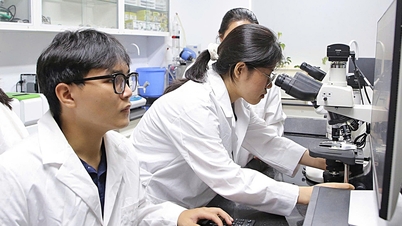

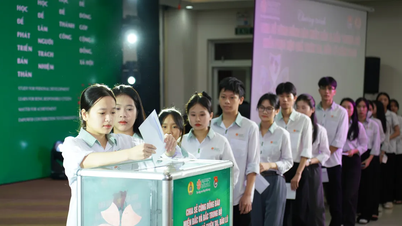

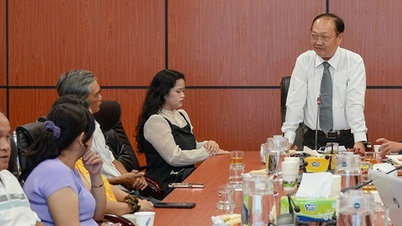
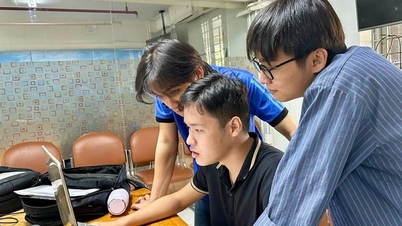

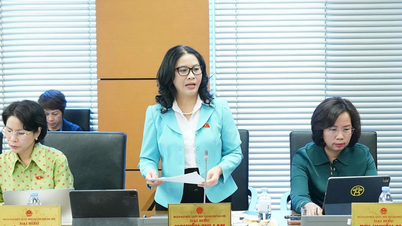

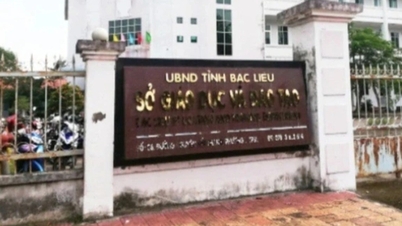

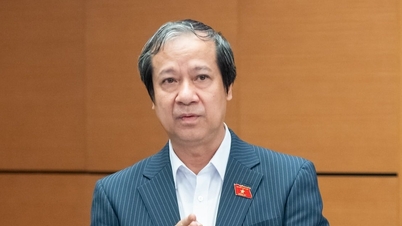
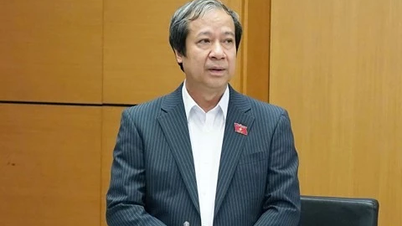
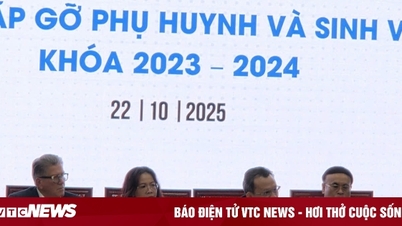
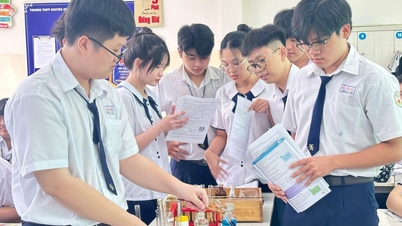









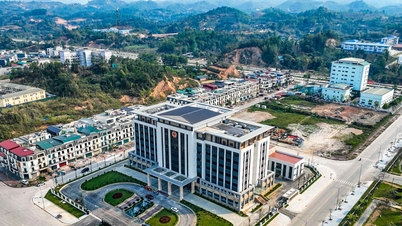




































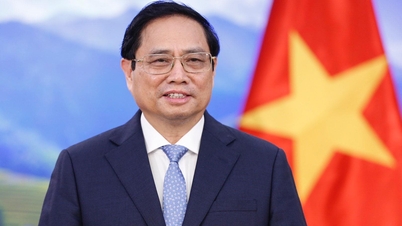

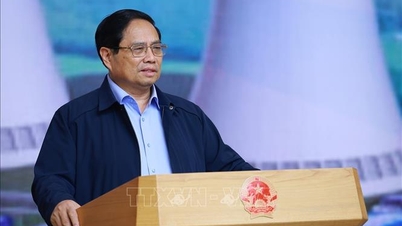






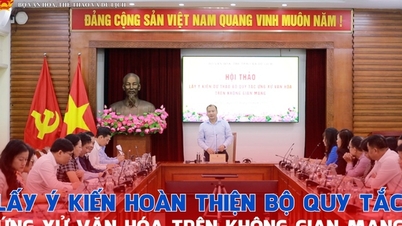
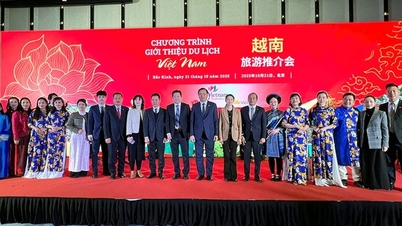
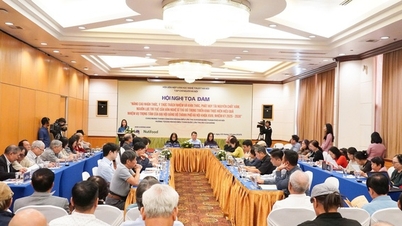
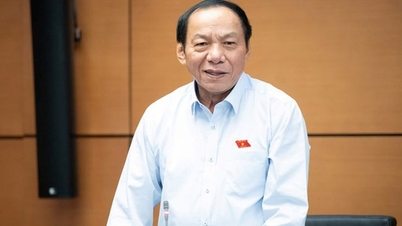
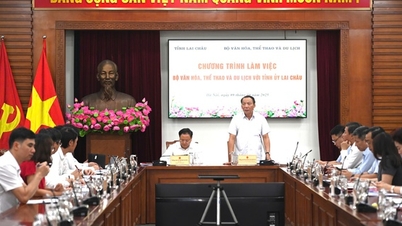
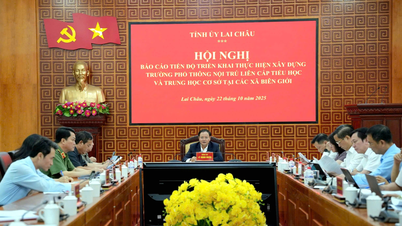
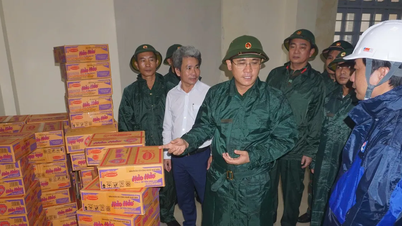


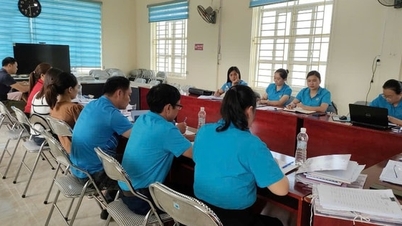


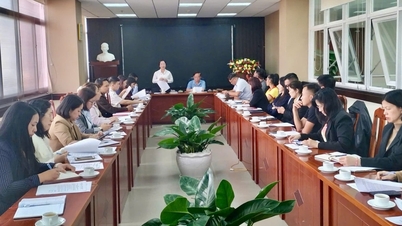










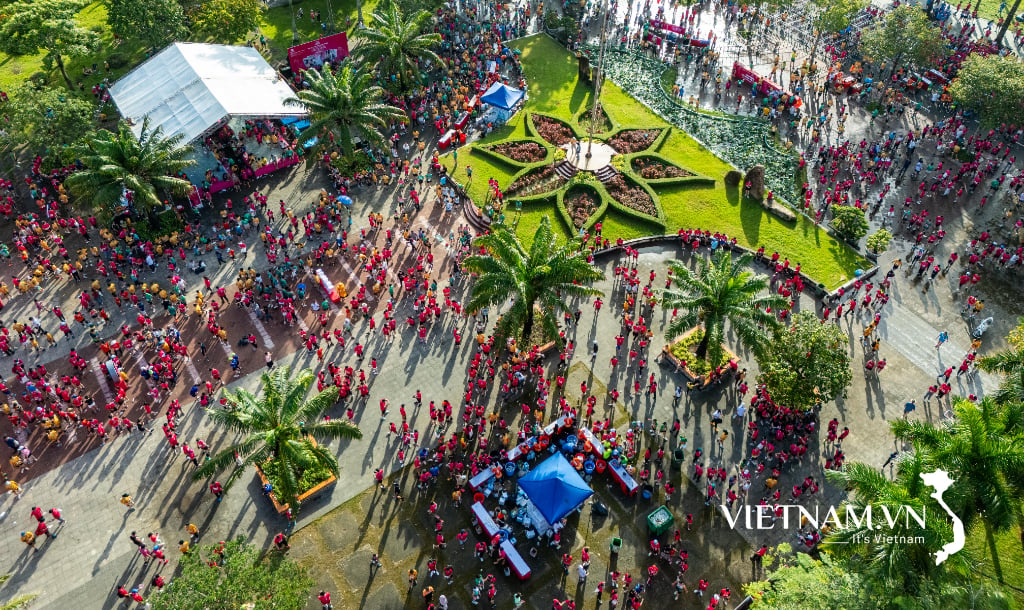



Comment (0)